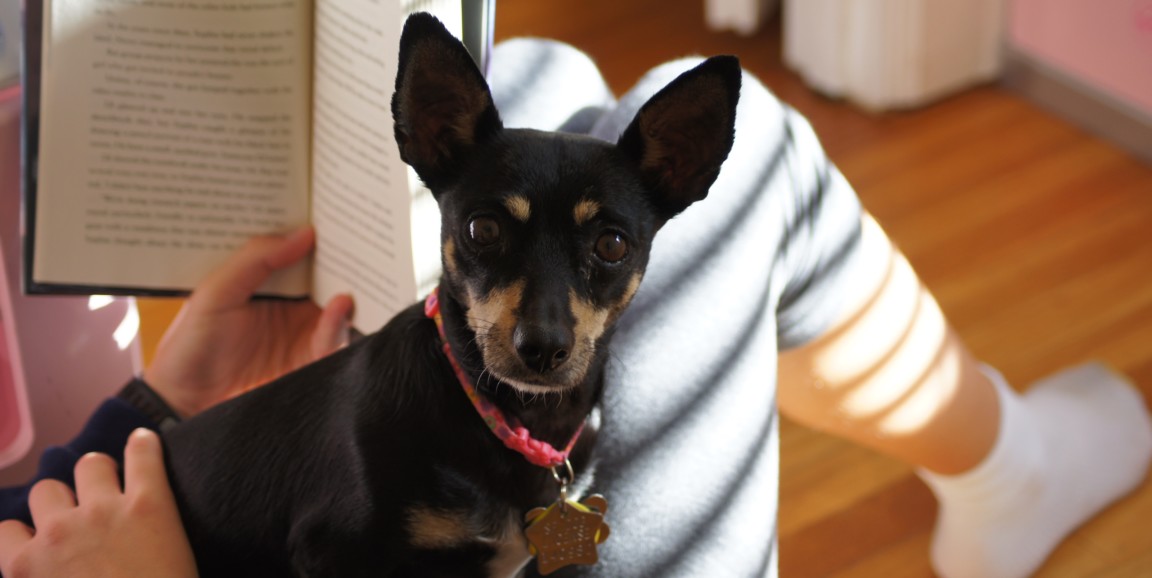Let's just say I know someone with a fear of dogs. An irrational fear, which means crossing the street to avoid a graying, elderly retriever on a leash or shying away from a friend's tail-wagging eager-to-play foot-long puppy.
This, I'd say, qualifies as a phobia, or an irrational, strong fear that can interfere with certain activities, as described in a recent Huffington Post article. But the term isn't one to use lightly, the article cautions. By describing just any fear as a "phobia", it's easy to contribute to stigma and misunderstanding surrounding the term, which is actually a type of anxiety disorder.
The piece explains:
Carolyn Rodriguez, [MD, PhD], a psychiatrist at Stanford Health Care, said normal fears don’t interfere with an individual’s ability to work, go to social outings or have relationships, whereas phobias might. Being around the feared situation or object can also cause panic attacks, which are accompanied by symptoms such as heart palpitations, sweating and trembling.
These responses are out of proportion to the actual threat posed. Most of us would (or should) be afraid if a large, snarling dog lunges at us. But fearing a nine-pound Chihuahua plopped atop its owner? Probably not so reasonable.
As clinical psychologist Stephanie Dowd, PsyD, describes: "A person who has a phobia of dogs may feel extreme panic around dogs and avoid interacting with dogs at all cost. The reaction is intense and does not fit the facts, meaning dogs do not cause imminent danger but a person will react as though they do."
So what to do if you, or someone you know, experiences a debilitating phobia?
"Research has shown that interventions such as cognitive behavioral therapy and specifically, exposure and response prevention, can reduce and alleviate phobias," Dowd states in the article.
Exposure therapy gradually introduces the trigger of the phobia, and then helps the person practice responding in to the anxiety it provokes.
"You do not want anxiety making decisions for you. Therapy will allow you to overcome these fears and feel like you have more control over your life," psychologist Stacia Casillo, PsyD, says.
Photo by Michelle Brandt




